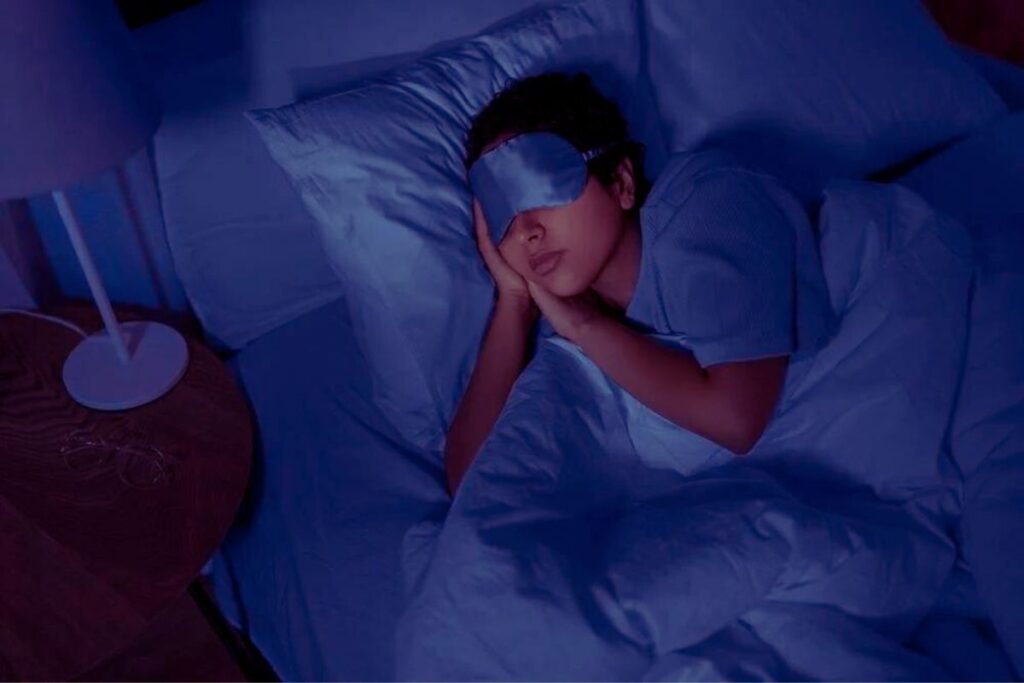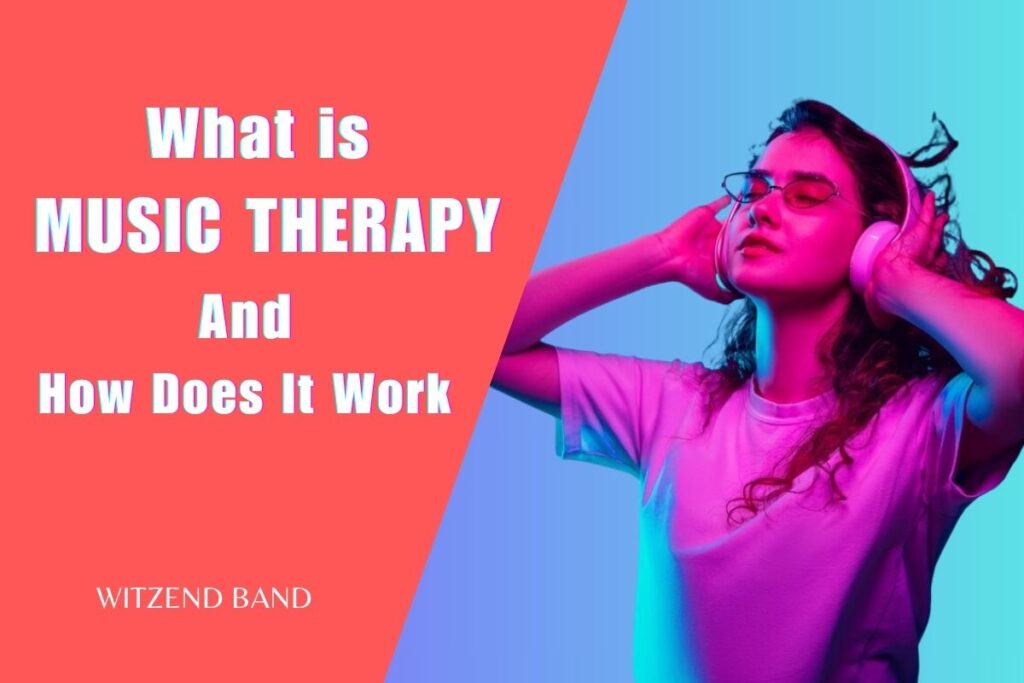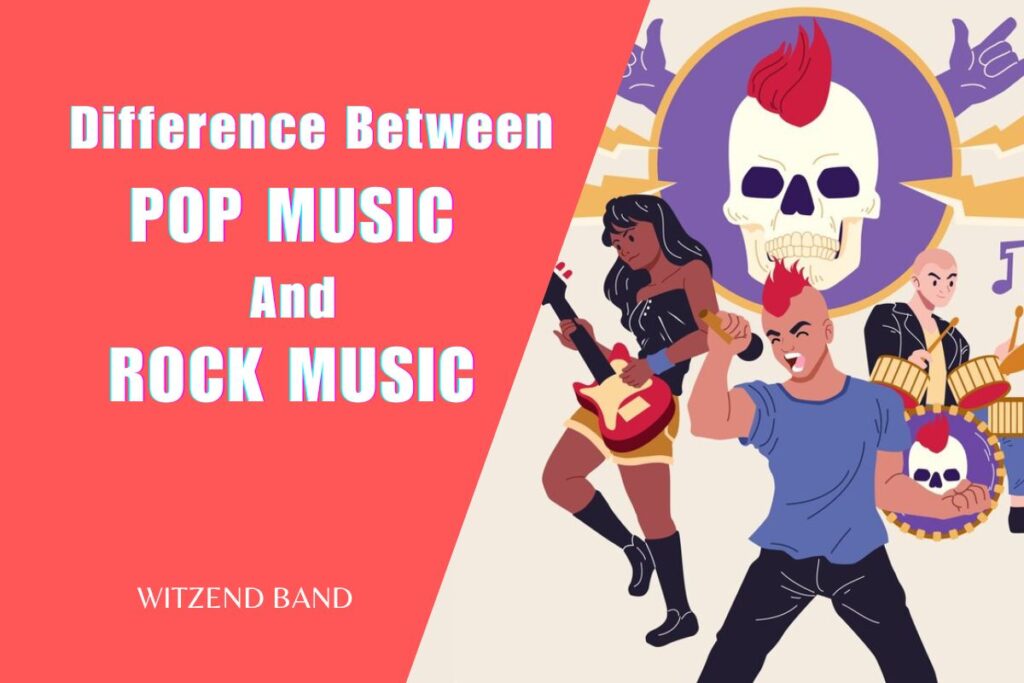We all have our bedtime routines. Depending on different personalities, some have skincare routines, one might wish to read a book, make a cup of tea, or watch their favorite show. These habits help us to relax at the end of a tiring day and hopefully induce a good night’s sleep.
But one bedtime habit has been regarded as the best medium to get a soothing sleep. Listening to music before sleeping reduces sleep issues. Good and calm music can help you feel relaxed and refresh your body.
How Does Music Affect the Quality of Your Sleep?
Many people choose to listen to music before going to sleep because they find that it gets them in the right state of mind for sleep and blocks negative thoughts and distractions that might disturb their sleep. Music and songs are a universal part of our cultures all around the globe. People tend to listen to music to promote their quality of sleep.
Music also helps people to regulate their mood and energy levels, which helps them to have a good sleep. Music can also create a sense of calming relaxation that helps to reduce stress and daily tensions. Music can act as a medium to block out disruptive noises that make it harder to sleep.
Music has a physical impact as well. Researchers have shown that relaxing music can reduce heart rate and blood pressure.
What Types of Music are Most Effective for Improving Sleep?
There is no unity among researchers, but music with a relaxed pace, soft vocals, and a little variation in tone and pitch is probably the best for sleep. However, it is important to note that there is little scientific evidence showing the best kind of music for sleep.
Despite of lack of consensus, scientists can make a guess about the type of music for relaxed sleep. The best music for helping people fall asleep is likely to have the following characteristics:
- Soft and quiet melodies
- Repetitive and predictable rhythms
- Slow tempo or beats
- Instrumental music
- Minimal variations in tone or pitch
- Sleep music with nature sound
However, be aware of other types of music because it can create an opposite effect. It is best to avoid songs with complex lyrics, strong beats, or those that can invoke a strong emotional reaction.
Thus it is important to find music that works for you, regardless of the genre. Choose the music that fits your requirements and that you genuinely enjoy and find relaxing for a successful sleep.

Can Music Help Reduce Insomnia and Improve Sleep Patterns?
Nowadays millions of people suffer from insomnia. People can have difficulties in getting sleep or may experience poor sleep quality. Poor sleep can affect the physical and mental state of a person and the consequences of poor sleep can be dangerous. Many people listen to music to enhance their sleep quality which makes them feel refreshed.
One study revealed that an adult who listened to music for 45 minutes before going to sleep, reported that the quality of their sleep improved on the same night.
The benefit of listening to calming music appears to have an increasing effect. People have reported better sleep after making listening to music a bed routine.
So, if you want to feel the result you should try it and notice significant improvement.
What are the Psychological Effects of Music on Sleep Quality?
Listening to music can be entertaining, but according to some researchers, it might even make your lifestyle healthy. Music can be a source of pleasure and satisfaction, but there are many other psychological benefits as well. Music can help relax the mind, energize the body, and even help people to manage their pain.
The psychological effects of music can be influential and wide-ranging.
Here are some psychological effects of music on sleep quality.
1. Music Can Improve Cognitive Performance
Researchers suggest that background music, or music that is played while the listener is engrossed in another activity, can improve performance on cognitive tasks. One study found that playing upbeat music led to improvements in processing speed, while both upbeat and downbeat music led to benefits in memory.
So the next time you are working on a task, consider turning on a little music in the background if you are looking for a boost in your mental performance.
2. Music Can Reduce Stress
It has been suggested that music can help to reduce and manage stress for better sleep quality. It reduces daily tensions and soothing music has the power to make forget all the stress and manage to sleep for good hours.
3. Music Can Improve mood
Music has the power to lift your mood and make you feel happy and self-worthy. Sometimes a person might feel demotivated and feel useless but by listening to music one can enhance their mood and feel motivated.

Is There a Link between Music, Relaxation, and Better Sleep?
Music may enhance sleep by regulating hormones, including the stress hormone cortisol. Stress and elevated cortisol levels can increase alertness and impair sleep. Music then functions to decrease levels of cortisol, which might relieve stress and make people feel more at ease.
Listening to music can also soothe the autonomic nervous system, which contributes to relaxation. The Autonomic nervous systems control automatic and unconscious processes within your body.
Music helps us sleep by calming parts of our autonomic nervous system, which means we breathe more slowly, our heart rate slows down, and our blood pressure drops.
How Does Music Influence Brain Activity During Sleep?
The frontal Lobe present in the human brain is important for the proper functioning of the brain. By listening to music we can enhance its functioning. Playing an instrument may improve your ability to communicate better and analyze and enjoy music.
Music may increase neurogenesis in the hippocampus, allowing the production of new neurons and improving memory.
Music has the power to make notable changes in our brains. Researchers have found evidence that music can change the brain chemistry of patients suffering from insomnia. Music therapy can be beneficial for such patients.
What Role Does Music Therapy Play in Improving Sleep Quality?
Music therapy is a field of mental health that deals with the unique impact of music on the body and mind. Some evidence suggests that music therapy can be effective for people experiencing insomnia.
Music therapy improves sleep quality by calming the parts of the autonomic nervous system, leading to slow breathing, lowering heart rate, and reducing blood pressure.
Music therapy or tuning to music before bed may not work for everyone. However, the practice is inexpensive, easy to implement, and comes with very few downsides or risks.
Are There Any Negative Effects of Listening to Music While Sleeping?
If you’re seeking ways to improve your sleep, music is a great option. Playing music while you sleep is advantageous as long as you take some key guidelines.
Although experts agree on the positive impact of music on sleep quality, they also agree on something else. And these are unavoidable dangers that come with sleeping with your headphones on.
Avoid using headphones while sleeping in bed. Listen to music using speakers instead of headphones. Earbuds and headphones can damage your ear canal if the volume is too high. Continuous use of headphones can also lead to more earwax, increasing the risk of ear infections.
How can You Create the Perfect Sleep Playlist for Optimal Rest?
To make music a part of your bedtime routine, make sure to pick the right songs, carefully control the volume, and stick to a regular schedule to create a strong habit.
Create a playlist of your favorite relaxing songs or you can simply purchase an album for relaxation and sleep. Make sure to turn off auto-play features on your device so the music stops when your playlist ends. This ensures that music from another genre doesn’t begin playing and disturbs you from sleep.
Frequently Asked Questions
What is insomnia?
Insomnia occurs when you are not able to take good quality sleep or have sleeping problems.
What is the best sleep advice?
Listening to relaxing and calm music can help to reduce your stress and is regarded as one of the best sleeping advice.
What music helps you sleep?
Classical music, nature sound music, and steady tempo music can help you to sleep.
Does music affect your sleep?
Listening to soothing music reduces the severity of insomnia, improves the quality of sleep, and helps to initiate sleep.
Final Words
Thus music can act as a powerful tool to help you deal with sleeping problems. This is the only tool that is easily accessible and inexpensive. You should definitely try this and notice the benefits of it.
Can Music Help Improve Mental Health? Insights from Band Members
How To Transfer Music From Computer To iPhone [9 Easy Ways]
What Does it Take to Make a Living as a Full-Time Musician in a Band?



